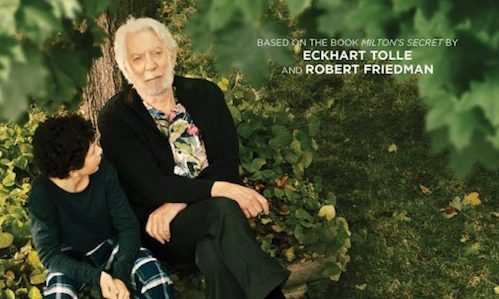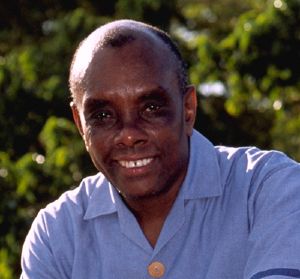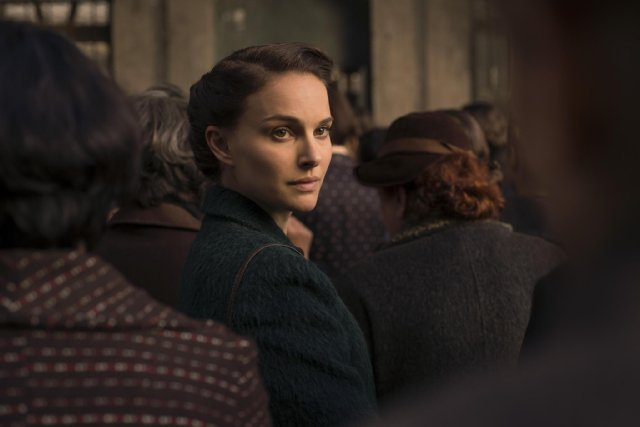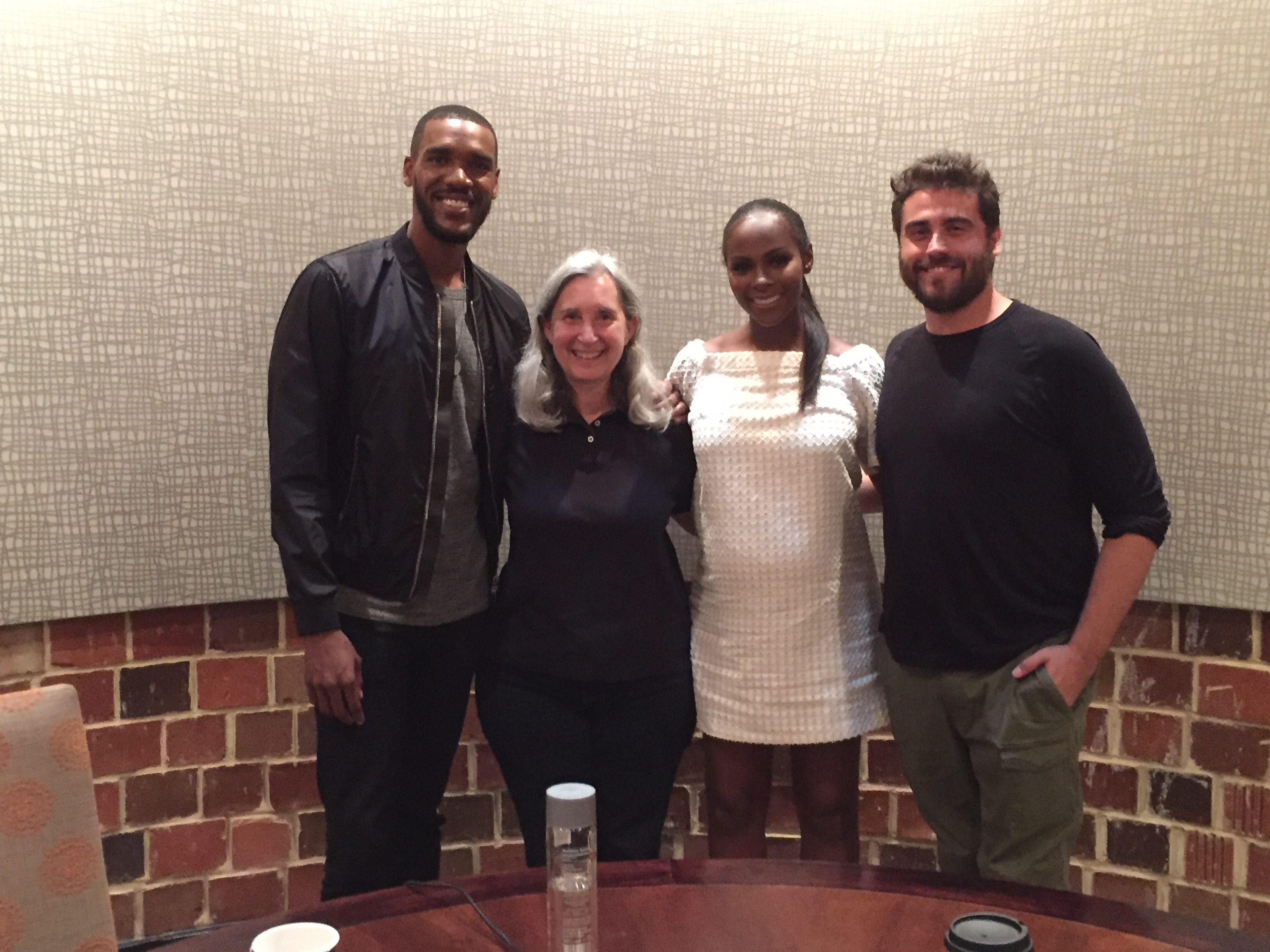Interview: Director Barnet Bain on “Milton’s Secret”
Posted on October 10, 2016 at 3:50 pm
Barnet Bain co-wrote and directed “Milton’s Secret,” based on Eckhart Tolle’s book about a bullied boy who learns some strategies for coping with his anxiety from his grandfather, played in the film by Donald Sutherland. In an interview, Bain talked about using classic Donovan songs on the soundtrack and dealing with the “internal bully.”
Why did you decide to use Donovan songs from the 1960’s on the soundtrack?
Well you know the character played by Donald Sutherland is a guy of that era. So it is the soundtrack of his life. And all of those Donovan songs, they are all love songs to the divine.
Really? I thought Season Of The Witch was about being arrested for marijuana or something. Wasn’t it?
That may be the story that was told back in the day but to me that’s a song about egos and being flung out of the moment.
One of the biggest challenges that any director faces is in casting children, so tell me a little bit about how you went about that and what you were looking for.
I looked at a lot, a lot, a lot, a lot of really fabulous actors, just so many of them. I was looking for, first of all children that were real in their bodies, not in their head, so that they inhabited their bodies, they were more grounded and were not so cut off by over -thinking or by attachment to their devices that they were inaccessible to their feelings. And so I found these incredibly beautiful kids who are so sophisticated precisely because they are so in touch with their emotions.
That’s a challenge to find in people, I would say actors of any age but people at any age.
It is such a challenge and that is one of the themes of the movie. We have so many strategies for splitting off from being connected to ourselves and to each other and just in our bodies. And one of the ways is to be overly attached to our devices, to our virtual world. They are just extensions of our minds, not a bad thing, beautiful, beautiful tools but we become addicted to them in the same way that we become addicted to over-thinking.
It’s a concept, it’s an idea, a mental idea and real connection doesn’t happen in the head, it happens in the body. When we are only operating there it doesn’t have the ability to deliver on the promise of what makes us human, we cannot connect through a device.
Milton in the film is a little older than the boy in the book. I loved the portrayal of that moment on the brink of adolescence when they are old enough to begin to ask big questions but still young enough to believe in alchemy.
There is that moment right before puberty that is just right for a movie about uncertainty, the uncertain times that kids, adults, communities, families that we are all living in. And so at that time of puberty there’s a whole bunch more issues, just a whole other range of issues that get laid on. So at around puberty, as challenging as life already is there’s a whole other bunch of preset challenges that get loaded on. And so I thought it would be a more complicated story to tell, a wonderful story but a more complicated story to tell and that we would be able to see through the veil a little more simply.
That’s why it happened there and so there is a certain kind of purity in his ability to perceive and conceive what’s going on in the world. It’s a period that you can look at it and say, “Well it’s overly simple,” and that’s a legitimate point of view, but on the other hand these are very, very complicated ideas about self witnessing and finding a boundary between yourself and what’s going on in your world and your parents and when you add on other things it starts to become so chaotic, it pulls us into our heads. Life is already such an invitation to be a head trip, so that was the investigation that went into that decision.
It was such a pleasure to see Donald Sutherland — he is perfect as Milton’s grandfather.
He is such a good guy, I know. He’s been in 180 movies with a leading role with everyone, from Fellini to Robert Altman. He is absolutely masterful and one of the beautiful things about him, one of the reasons that I was so grateful that he fall in love with the role is that when you have an actor with those skills they become present. And so it’s only a really masterful actor that has the ability to both self witness and not engage and that is a level of consciousness that I am exploring in my own life and that I wanted to make the movie about.
That’s the theme of the film but I know as a filmmaker that the very, very finest actors among us operate that way. They are aware of themselves and they are aware of the inclination to want to observe and ask “Am I doing well? Could I have done it better? How is somebody else responding to me?” They are aware of their inner voice. They are aware of what they’re feeling but they are relating to it and identify with it. And so to have an actor of such skill play someone who is more in touch with, more conscious than he might’ve been in earlier parts of his life, he is certainly more consciously self-aware than the others in his family and he is able to pull it off. If it was somebody less skilled they would be triggered, they would be caught up by their own inner self talk and it would not have been as generous a performance.
You seem to gravitate towards spiritual themes in your work, is that right? Do you do that consciously?
I do. I don’t really make any distinction between my work life and my family life and my life as a member of the community, it’s all one big martini. There’s only one thing going on; I don’t see anything else going on and so it would be hard for me to make a choice in my personal life that was suddenly out of character. It would be hard for me to make a choice in my professional life to make a movie about psychotics unless there was something in that story that pulled back the veils that reduced a little more of the clutter that stands between who I am now and who I could become.
What do you want families to talk about when they see this movie?
I realize that everybody comes to movies and everything from their own developmental place, so nothing in life is a one size fits all. So there will be people who come to this story and see themselves in it in different ways. Somebody might say, “Maybe it would create a better environment in my home if I put down the phone, my device.” Or “Maybe I can create a healthier environment for my children by being a little bit more aware of how much ruminating about the future and anxiety and worry I project and maybe I am creating an environment where my kids are picking up on that, but these are self bullying thoughts and maybe I can be aware of them,” and put the question on them just a little bit. So maybe some people will see that.
The themes that I’m investigating in the movie are themes of the impact that we have on our children as parents in subtle ways, how bullying is not only a physical violence but is the end product of an internal self bullying that we do to ourselves in our thoughts about ourselves that we begin to project on others. We begin to become either reactive or are responsive along a spectrum. I’m willing to allow people to come to it however they come to it. I have hopes that however people come to it they will slow down a little bit and find something in it that touches their hearts and opens their minds, at least breathe if nothing else, at least breathe. We learn to bully ourselves long before we start to either become bullies or be bullied but everybody in my movie is bullied, or feels bullied. The parents are bullied by their fears, they are bullied by the financial markets. And we’re in a world today where lots of uncertainty and chaos is going on politically. Some people say one candidate or the other bullies or feels that the rules don’t apply to them. The real question of our movie is where are you coming from and what is it that formed your perspective of where we’re coming from? We think our thoughts are our own and they are never our own until we ask the question, where have these come from? And only then can we begin to sort through to see what is our own. Everything about this little boy, Milton, all his anxious behaviors were trained. Even though his parents love him, they were trained. And we learn from examples. That’s the conversation I had with Eckhart going in because we have lots and lots of fine teachers and tutorials are an effective way of teaching but the more powerful way of teaching is when we see it modeled. If we could see it modeled in real life, in our family life, in our environments that’s great. If we see modeled in art and on film that’s great, it has a much greater impact. You can cut through 15-20 years of development on lecturing by having one good night at the theater.








